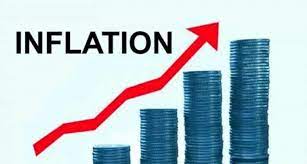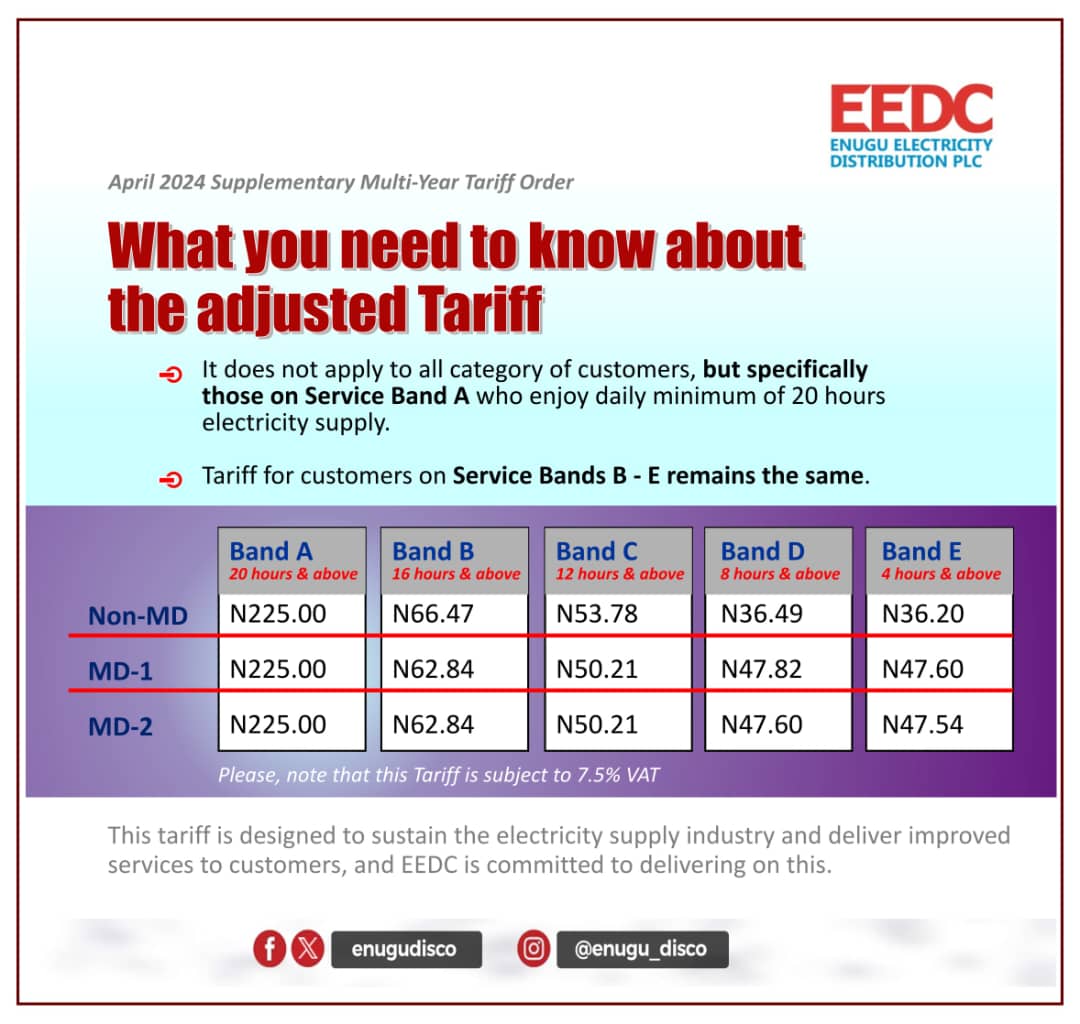Lagos, Nigeria – In a concerning economic development, Nigeria’s headline inflation rate has surged to 26.72% in September 2023, marking a 0.90% increase from the 25.80% recorded in August 2023.
This significant uptick in inflation was revealed by the National Bureau of Statistics (NBS) in its September Consumer Price Index report, which was released on Monday, October 16, 2023.
On a year-on-year basis, the headline inflation rate for September 2023 was 5.94 percentage points higher than the same period in the previous year, September 2022, when the rate stood at 20.77%. This data underscores a substantial increase in the cost of living and general price levels, and its implications on the Nigerian economy are a cause for concern.
The year-on-year comparison between September 2023 and September 2022 indicates that the headline inflation rate in September 2023 was notably higher, reflecting the persistent economic challenges and the impact on the purchasing power of Nigerian citizens.
In addition to the year-on-year increase, the month-on-month comparison paints a similar picture. In September 2023, the month-on-month headline inflation rate was 2.10%, which is 1.08% lower than the 3.18% recorded in August 2023. This data signifies that while inflation continues to rise, the rate of increase in the average price level was slightly lower in September than in the preceding month of August.
The inflationary pressures witnessed in September 2023 are a matter of concern for both policymakers and the general populace. High inflation erodes the purchasing power of consumers, making it more difficult for households to afford essential goods and services. It can lead to economic uncertainty and negatively impact investment and savings.
The Nigerian government and central bank are expected to employ measures to curb the inflationary trend and stabilize the economy. Addressing factors contributing to rising inflation, such as supply chain disruptions, fiscal policies, and international economic conditions, will be crucial in mitigating the effects of this inflation spike.
In conclusion, Nigeria’s headline inflation rate surging to 26.72% in September 2023 presents a significant challenge to the country’s economic stability. Policymakers, economists, and financial experts will closely monitor this situation to determine the best course of action to address the inflationary pressures and their consequences on the Nigerian economy.





